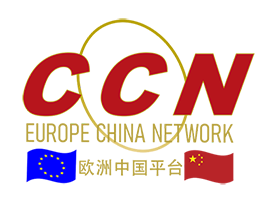Historically the European Union has developed its regional policy activities and distributed cohesion policy funding through a partnership process, which includes significant input from the Member States.
Partnership working covers the whole programming process, from the preparatory stage through to the implementation and assessment of results. This approach should lead to better programme outcomes and help ensure that money from the European Structural and Investment Funds (ESIF) is spent efficiently.
In the 2014-20 programming period, the partnership principle has been strengthened even further, including not only Member States, but also stakeholders such as trade unions, employers, non-governmental organisations (NGOs), and other bodies that promote, for example, social inclusion, gender equality, and non-discrimination. The Commission has drawn up a European Code of Conduct on Partnership which has to be respected by the Member States when preparing and implementing their operational programmes. In addition, each Member State has adopted a Partnership Agreement with the European Commission which sets out how the national authorities plan to use and distribute funding from the ESIF in the 2014-20 programming period.
https://ec.europa.eu/regional_policy/en/policy/what/glossary/p/partnership
Civil unions and registered partnerships
In several EU countries, you can make your partnership official without getting married with a civil union or registered partnership.
Civil unions allow 2 people who live together as a couple to register their relationship with the relevant public authority in their country of residence.
Differences between EU countries in this field are huge, and include:
- whether you can enter into a civil union in a specific country
- what a civil union entitles you to
- whether a specific country recognises a civil union contracted abroad
Check which rules apply to you
Are two or more EU countries involved – for instance because you move after registering, or register abroad?
Property rights and maintenance rights for people in registered partnerships are not applied the same way in all EU countries. The rights coming from your registered partnership in one country may be substantially different in another.
Find out which country’s laws apply to your partnership – they will have important consequences for your rights and obligations as registered partners.
https://europa.eu/youreurope/citizens/family/couple/registered-partners/
European Partnerships
European Commission – Enlargement – European Partnerships
European partnerships are instruments of the Stabilisation and Association process* and lay down the principles, priorities and conditions of the relations between the EU and Western Balkan potential candidate countries and serve to prepare them for European integration. They aim at promoting stability in the Western Balkan region while bringing it closer to EU standards through alignment with the acquis*.
For more details, see the following sections on our website:
https://ec.europa.eu/neighbourhood-enlargement/policy/glossary/terms/european-partnership_en






















